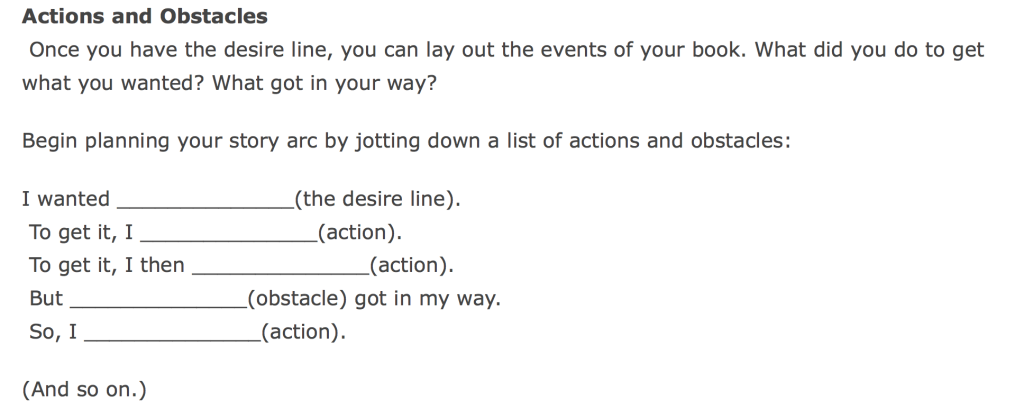Finding arcs, parameters, and motivation in a memoir in-progress
Like writer and teacher Joan Dempsey said of her old fiction pieces, I’ve found if I let a work sit too long, by the time I dig it up again, it doesn’t seem like anything I’d have written or would want to pretend I wrote. I’m having this experience as I dig through a memoir started at The New School.
Before I went to New School, I wasn’t even aware that people who hadn’t been the president or survived cancer were allowed to even write such books. It took a few years of personal growth (read: self-confidence), attendance at the Voices of Our Nation Arts Foundation, and a writer’s group that started, then sputtered, and eventually began chugging along before I became engaged in trying to tell my story.

The first draft I now dislike.
Two years ago, my writing partner and I started the 30 Page Challenge. Once a month, we met with thirty new pages in a work. After six months, we raised the stakes. The writer who didn’t make page count coughed up $100. Out of that process – we won some; we lost some – I wrote close to 300 pages which I hole-punched and placed in a purple binder. Then, I put the binder in a corner.
Today, I took out the purple binder. I highlighted a few passages that made me laugh or felt like something I’d write today. I absolutely wanted to throw the other 280 pages in my fireplace. The parts that made me chuckle weren’t even related to the story that I thought I was telling.
I returned to a post I’d bookmarked by Joseph Massucci, “The Key Elements to Writing a Good Memoir.” Using Massucci’s formula, I figured out that in the first version, I couldn’t fill in his grid with what I wanted and what action I took to get it:
I also read Paula Balzer’s guest post on Writer’s Digest, “Framing Your Memoir: 3 Parameters You Need to Know.” Balzer’s post, which is an excerpt from her book Writing and Selling Your Memoir, helped me see that I’d done the exact opposite of her suggested parameters. I knew I needed a frame, but I selected one that was stuffed on like a too small shoe on the wrong foot.
Some people prefer to jump right in and write, but Balzer advises against it. She writes, “If you don’t set limits early in the writing process, your story can easily get out of control, meander and become completely disorganized. A well-crafted memoir will encapsulate a specific story that fits somewhere within the larger framework of your life.”
Now I just need to find the story and the framework. Oh just, a word that makes it all seem so simple. Regardless, I have a purple binder to refill and a challenge to win; this one is against myself.
